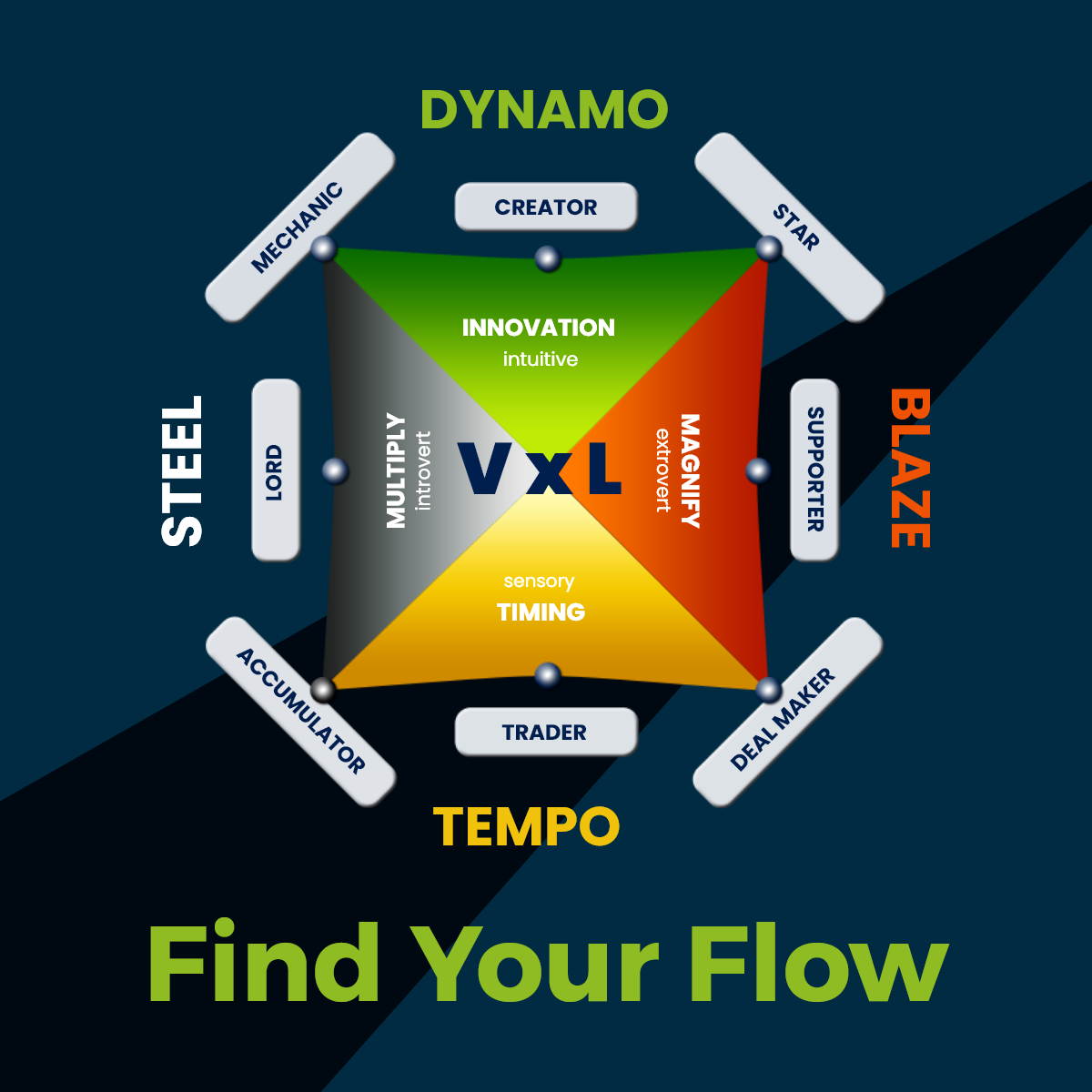Why do we act or react in a certain way in certain situations? Why do things that motivate your friend don’t motivate you or vice versa? Answers to some of these questions are found in different types of personality tests.
What is a personality-profiling test?
A personality-profiling test is an assessment to understand a potential candidate’s characteristic traits. There are no right or wrong answers, or no one can pass or fail these tests. These tests help the employer gauge the employee’s ability to work in a team, his resilience during stressful situations, his beliefs and morals, understand what motivates him, his willingness to take risks, and think out of the box amongst other things.
What is the purpose of completing profile tests?
Based on the results of different types of personality tests, an employer can predict the performance of his employees. They give an employer insight into the strengths and weaknesses of the candidate and whether they would be a good fit for the role in question. E.g. a candidate who is being considered for an event sales role has a very low score on being an extrovert will make an employer think twice before hiring him. For a role like that, the future employee must be comfortable with actively pursuing potential clients and is confident in having conversations, which an introvert might not be.
Over the years, experts have researched and developed multiple personality profiling tests, and these are divided into two main categories. Let’s have a look at types of personality inventories:
Objective Test:
Some of the most popular tests under this category are the Myers-Briggs Type Indicator, Neo Pi-R, Minnesota Multiphasic Personality Inventory, 16 Pf, and the Eysenck Personality Questionnaire.
An objective test is a self-reporting inventory test. The test taker gives various scenarios and a multiple-choice answer to pick what best suits his reaction to it. Since the person taking the test chooses his responses, it is not influenced by the employer’s own beliefs or bias. Objective tests are validated higher than projective tests. However, the accuracy of the result highly depends on the test taker’s inclination, to be honest, and not try to “beat the test.”
Projective Test:
One of the most popular projective tests is the Rorschach test.
Unlike objective tests, projective tests are subject to the assessor’s bias or his own beliefs. These are based on the Freudian school of thought, and hence they bring out the unconscious personality traits that would go undetected by an objective test.
The test taker here is given an ambiguous scenario, words, objects or images and is expected to say the first thing that comes to mind at the sight of these.
Projective theory tests believe that since the test-taker doesn’t have the opportunity to think long enough about a straightforward question, the chances of him trying to fabricate an answer is very low and hence yielding more honest answers.
However, tests administered under this category are considered very low on reliability and validity, especially in a work setting. Therapists or psychologists mostly use them to treat people rather than employers that are looking to hire.
If you are looking for a personality-profiling test, you must have a look at Wealth Dynamics. They have an extremely reliable and validated test for employers and employees, which is highly recommended.


